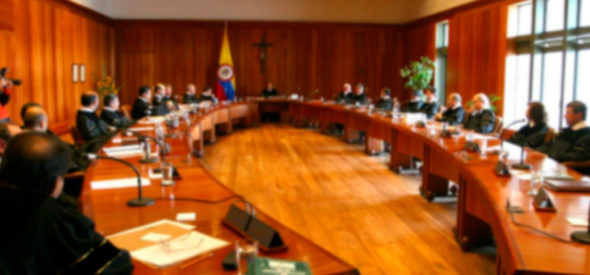Google vs. Denegri: The Court rules in agreement with several of ADC’s arguments
This week, the Supreme Court overturned the Civil Chamber’s decision that had recognized Natalia Denegri’s request for the “right to be forgotten” in her lawsuit against Google. The judges ruled that in this case, freedom of expression and access to information take precedence over the right to honor. The Association for Civil Rights had filed an amicus curiae brief and participated in the public hearing with arguments very similar to those highlighted by the Court in its decision.
ADC had strongly emphasized the fact that the case must be deemed as a matter of public interest since Denegri’s actions in the 1990s were part of the well-known “Coppola” case, which marks an era and is part of the public historical record.
The main argument put forward by our organization, and highlighted by the Court in its pronouncement, was that given the tension between the right to honor and freedom of expression, the latter should enjoy stronger protection as long as it concerns truthful publications referring to public persons or officials, and on issues of public interest.
Another key point referred to by the Court which emerges from the organization’s presentations has to do with the characterization of freedom of expression, not only as the right to convey but also to seek, receive, and impart our opinions. In this case, people’s right to access information of public relevance is paramount, regardless of its effects on the interests of the public figures involved.
ADC considers that public persons have no subjective right to demand deindexation or restriction of the information in search engines in matters of public interest.

